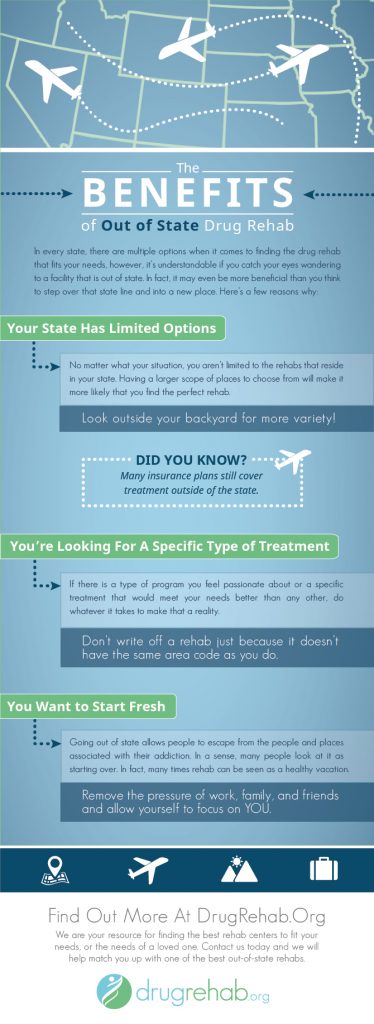Why Aftercare In Drug Rehabilitation Is Crucial For Lasting Recovery. Find Out Just How Support Group Can Aid You Stay Sober And Develop A Meeting Life
Why Aftercare In Drug Rehabilitation Is Crucial For Lasting Recovery. Find Out Just How Support Group Can Aid You Stay Sober And Develop A Meeting Life
Blog Article
Write-Up Developed By-Jokumsen Larson
You can't do it alone. Recovery from drug dependency calls for a strong support system.
The value of aftercare in drug rehabilitation can not be overemphasized. In https://www.addictioncenter.com/news/2022/01/children-consuming-marijuana-edibles/ , we will discover the duty of counseling, the benefits of therapy, and the structure provided by peer support system in preserving sobriety.
So, get hold of a mug of coffee, unwind, and allow us lead you via the critical steps of post-rehabilitation assistance.
The Role of Therapy in Aftercare
If you wish to preserve your soberness after leaving rehab, it's crucial that you continue joining counseling sessions as part of your aftercare plan.
Therapy plays a vital duty in your healing journey by providing continuous assistance, guidance, and a risk-free room to express your feelings and concerns.
Via counseling, you can attend to any underlying problems that might have added to your dependency, create dealing strategies, and learn much healthier methods to manage tension and food cravings.
It enables you to work through any kind of unsettled feelings and develop a better understanding of yourself and your triggers.
The Advantages of Therapy in Preserving Soberness
To keep your sobriety, treatment can offer numerous advantages.
- https://zenwriting.net/darius65jeanice/discovering-relief-revealing-the-advantages-of-a-substance-abuse-recovery provides a risk-free area for you to explore and deal with the underlying issues that may have contributed to your addiction.
- It allows you to work through your emotions and create healthier means of taking care of tension and sets off.
- Via treatment, you can get a better understanding of yourself and your patterns of behavior, which can aid you make positive modifications in your life.
- Furthermore, treatment offers you with a support group of specialists who are trained to guide and aid you on your trip to recuperation.
- They can use valuable insights, devices, and methods to help you browse the challenges that may occur.
- In therapy, you can learn to create healthy coping abilities, develop durability, and improve your total well-being.
Peer Support System: A Structure for Lasting Healing
You can locate long lasting healing by proactively taking part in peer support system and connecting with others who share comparable experiences and goals.
Peer support system offer a secure and non-judgmental area where people in healing can collaborate to share their struggles, successes, and insights. By actively participating in these groups, you can receive the assistance and support you need to remain on the path of recovery.
Getting in touch with others who've experienced comparable experiences can be exceptionally equipping, as it aids you realize that you aren't alone in your trip. https://postheaven.net/jamie42donita/7-indicators-that-suggest-you-might-take-advantage-of-drug-rehabilitation allows you to learn from others that've successfully conquered similar challenges. Together, you can celebrate landmarks, hold each other liable, and offer guidance and guidance.
With these links, you can develop a strong support system that will assist you browse the ups and downs of healing and eventually locate lasting recovery and transformation.
Conclusion
You've discovered the essential duty of aftercare in drug rehabilitation. Therapy, treatment, and peer support groups add to lasting recovery. Below's an astonishing figure to understand the size of the problem: researches reveal that people that receive aftercare treatment are 50% more likely to maintain soberness contrasted to those that do not.
So, imagine the transformative power of these support systems in assisting people recover their lives and construct a brighter, drug-free future.
